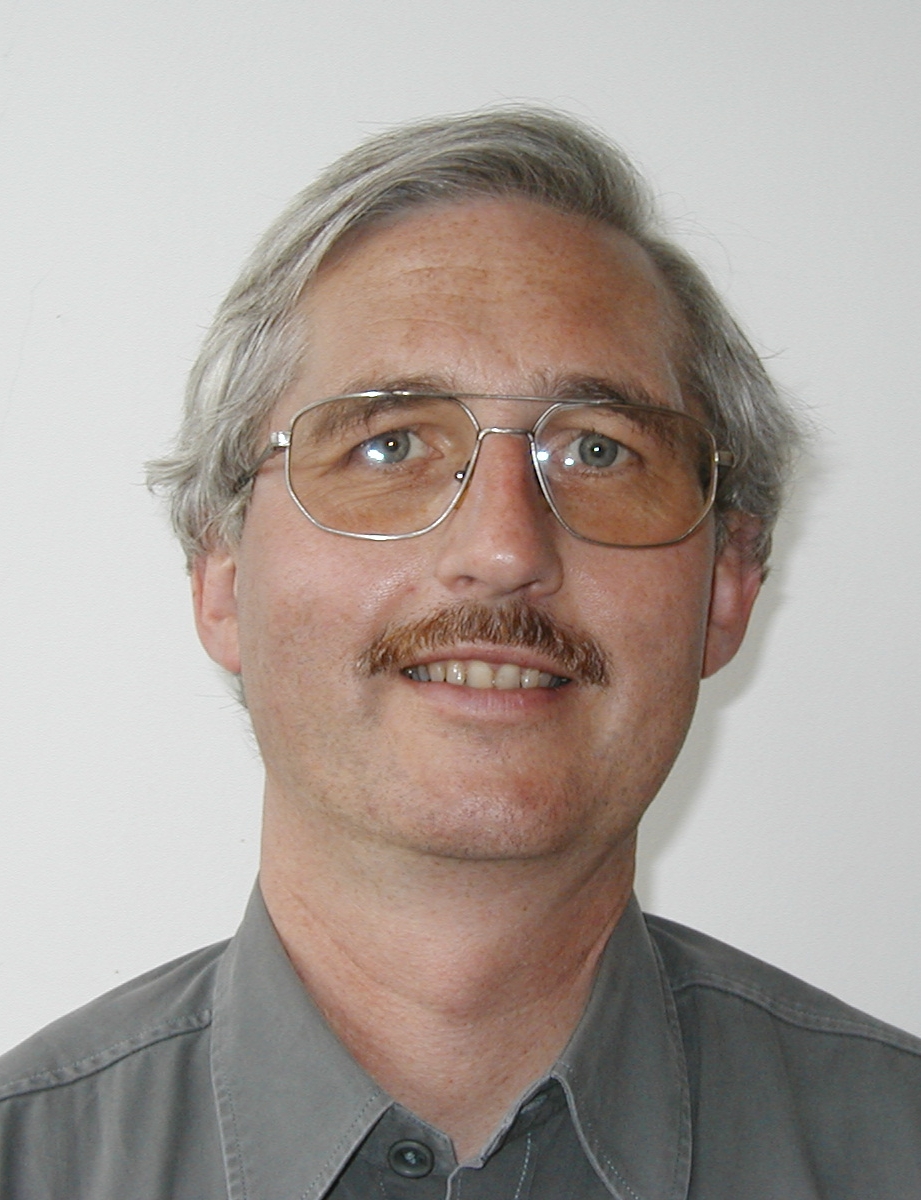MSF: Is Malaria all sewn up?
Guest post by Ruby Siddiqui and Martin de Smet, Médecins Sans Frontières (MSF)
World Malaria Day on April 25 aims to highlight global efforts to effectively control malaria. This year, the day is marked by some important developments in malaria prevention and control, which may impact on malaria field programmes.
Médecins Sans Frontières (MSF) has been advocating for the parasitological confirmation of all clinical malaria diagnoses, either by microscopy or rapid-diagnostic tests (RDTs), since 2004. This is mainly to ensure the correct and timely treatment of malaria-negative patients, to avoid unnecessary use of artemisinin-based combination treatment (ACT), and to avoid the use of “drug cocktails”, which can lead to potential side-effects. However, this recommendation was at odds with the World Health Organisation (WHO), whose guidelines stated that all children younger than 5 years with fever or a history of fever in a high transmission area should be treated for malaria, irrespective of the test result. This has sometimes led to friction between the Ministries of Health that often based their national treatment protocols on these WHO recommendations, and MSF missions, keen to better target treatment. However, the recently-published second edition of the WHO malaria guidelines [link http://whqlibdoc.who.int/publications/2010/9789241547925_eng.pdf] now recommend the parasitological confirmation of diagnosis before treatment. MSF welcomes this decision, and hopes that the national treatment guidelines in endemic countries will be adapted to be brought in line with the WHO recommendations. We also call on the donors providing ACTs to accompany this with funding for the necessary diagnostic tools that will enable the implementation of this new recommendation.
In addition to the guideline changes, the recent explosion in availability of rapid diagnostic tests has led WHO and the Foundation for Innovative New Diagnostics to carry out a product evaluation on 40 commercially-available RDTs. They were assessed for a various criteria including detection rates for high and low parasitaemias, false-positivity rates, and performance after exposure to high temperatures and humidity. The results of this evaluation will now be used to select the most appropriate RDTs for use in their contexts. However, many challenged to malaria diagnosis still remain.
In 2005, MSF campaigned for global change in malaria treatment policy through the ACT NOW campaign, after demonstrating that the most commonly used anti-malaria drugs used in 18 countries over the previous decade had become ineffective [http://www.plosmedicine.org/article/info:doi%2F10.1371%2Fjournal.pmed.0050169]. ACT is now the recommended first-line treatment for malaria. However, simply prescribing it for uncomplicated malaria does not result in treatment completion. Recent MSF studies in Bo, Sierra Leone, revealed poor adherence to treatment, which not only risks the development of resistance to the only effective drug currently available but also weakens clinical management of malaria and reduces public confidence. Better understanding of local compliance behaviour, the exclusive use of fixed dose combinations, and more innovative approaches will be required to improve adherence and safeguard artemisinin for future use.
MSF is also active in the area of malaria prevention. High levels of bednet use across a range of transmission settings in Africa has been shown to reduce malaria-related mortality, especially in children under 5 years. The Roll Back Malaria campaign has set a target to have at least 80% of pregnant women and children under 5 using bed nets by 2010. Some MSF projects have almost achieved this target through the blanket distribution of free long-lasting insecticide-treated bednets.
Although these activities will help to improve clinical management of malaria patients and target interventions appropriately, other challenges remain, such as effective prophylaxis drug options for pregnant women and children, appropriate care of malaria in HIV patients, predicting malaria outbreaks, ensuring effective first-line drugs through efficacy-monitoring, maintaining quality patient care in de-centralised malaria programmes, and optimising treatment options against Plasmodium vivax.
We will continue to search for innovative solutions through robust field-driven operational research.
Ruby Siddiqui works as an operational epidemiologist in the Manson Unit, MSF-UK. She supports MSF field projects with medical surveillance and monitoring, outbreak investigation, and operational research activities. This includes specific support for malaria and neglected tropical diseases, mental health and sexual and gender-based violence. Martin De Smet is coordinator of the Malaria Working Group of MSF. He is involved in the implementation of best malaria practices in MSF projects and in operational research on access to ACT, diagnostic strategies, and treatment.


